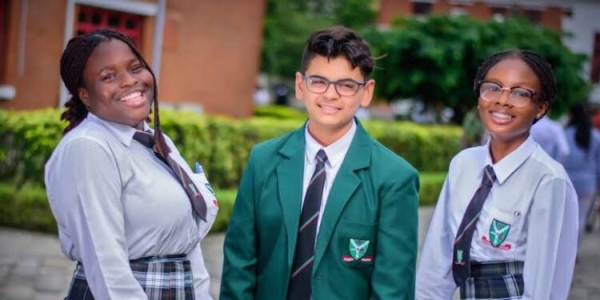In 2024, Nigeria continues to grapple with significant economic challenges, characterized by rising inflation and fluctuating currency values.
The cost of living has surged, affecting many sectors, including education.
As families seek quality schooling options, private secondary schools in Lagos have seen a notable increase in tuition fees, reflecting both the economic landscape and the demand for high-quality education.
The following is a detailed look at some of the most expensive private secondary schools in Lagos for the 2023/2024 academic year, highlighting their offerings and unique features.
American International School, Lagos (AISL)
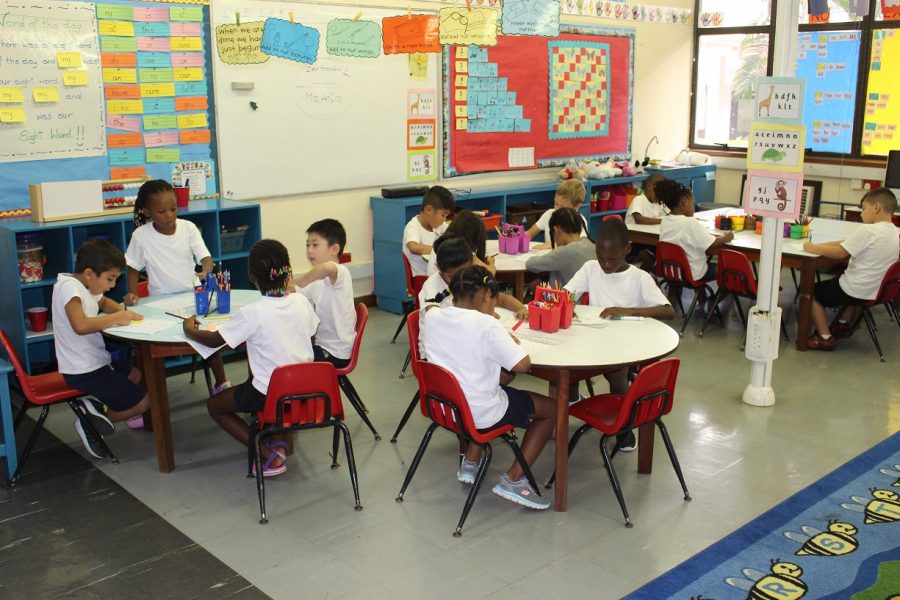
Founded in 1964, the American International School, Lagos (AISL) is a private coeducational school that provides an American-style education for students of all nationalities from preschool to grade 12. The school year runs from August to June and is divided into two semesters.
AISL is accredited by both the Council of International Schools and the Middle States Association of Colleges and Schools. Its IB Diploma Program is fully accredited by the International Baccalaureate Organization (IBO).
The school offers recognized qualifications, including the International Baccalaureate (IB) Diploma, SAT, and PSAT, which are important for students pursuing higher education.
It has around 600 students from 57 nationalities, with a notable number of American and Indian students, highlighting its international diversity. AISL maintains a favourable student-to-teacher ratio, with an average class size of 18 students and a maximum of 25, allowing for personalized attention.
It is stated that the Tuition fees range from N15,775,898 to N26,880,485, yearly, depending on the grade and program, reflecting the school’s dedication to high-quality education in a global setting.
Greensprings School
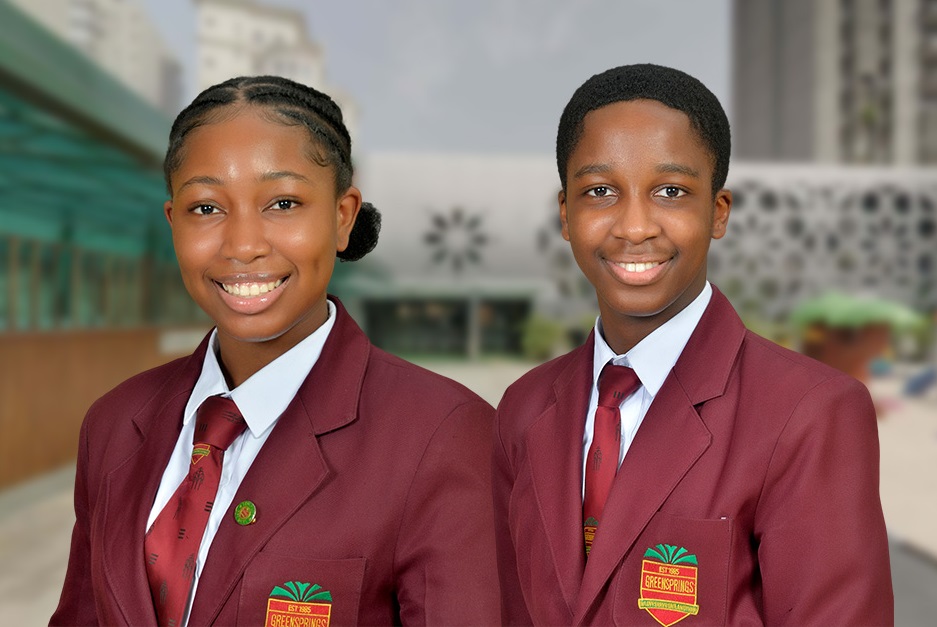
Greensprings School is an independent institution for children aged 18 months to 18 years. It offers both day and boarding options, promoting confidence and respect among students.
The school prepares students for internationally recognized qualifications, including the International General Certificate of Secondary Education (IGCSE) and the International Baccalaureate (IB) Diploma. Instruction is conducted in English, and the average class size is 20 students, which allows for effective teaching and individualized attention.
Greensprings serves approximately 2,200 students, with 92% being local Nigerian students and 8% international students. Tuition fees are about 3.8 million ₦ for day students and 7.1 million ₦ for boarding students.
Lycée Français Louis Pasteur
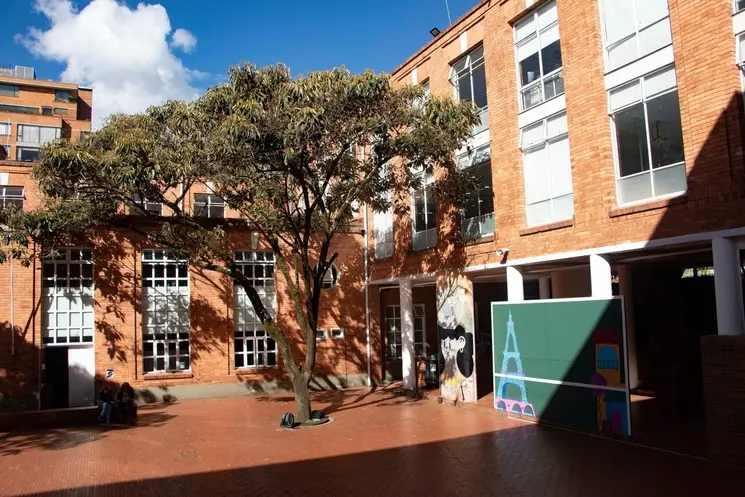
Lycée Français Louis Pasteur is part of a network of French schools worldwide, following the French curriculum for students from nursery to graduation.
The school prepares students for the French Baccalaureate and Brevet, which are qualifications recognized in France and other countries. These qualifications help students pursue higher education and career opportunities. The primary language of instruction is French, supporting language fluency and cultural understanding.
Lycée Français Louis Pasteur has an average class size of 17 students, with a maximum of 24. This structure allows for personalized attention from teachers.
The school serves about 580 students from 30 nationalities, including a significant number of French and Nigerian students. Annual tuition fees range from 10,092,316 ₦ to 18,124,102 ₦, based on grade level and program choices.
Lekki British International School
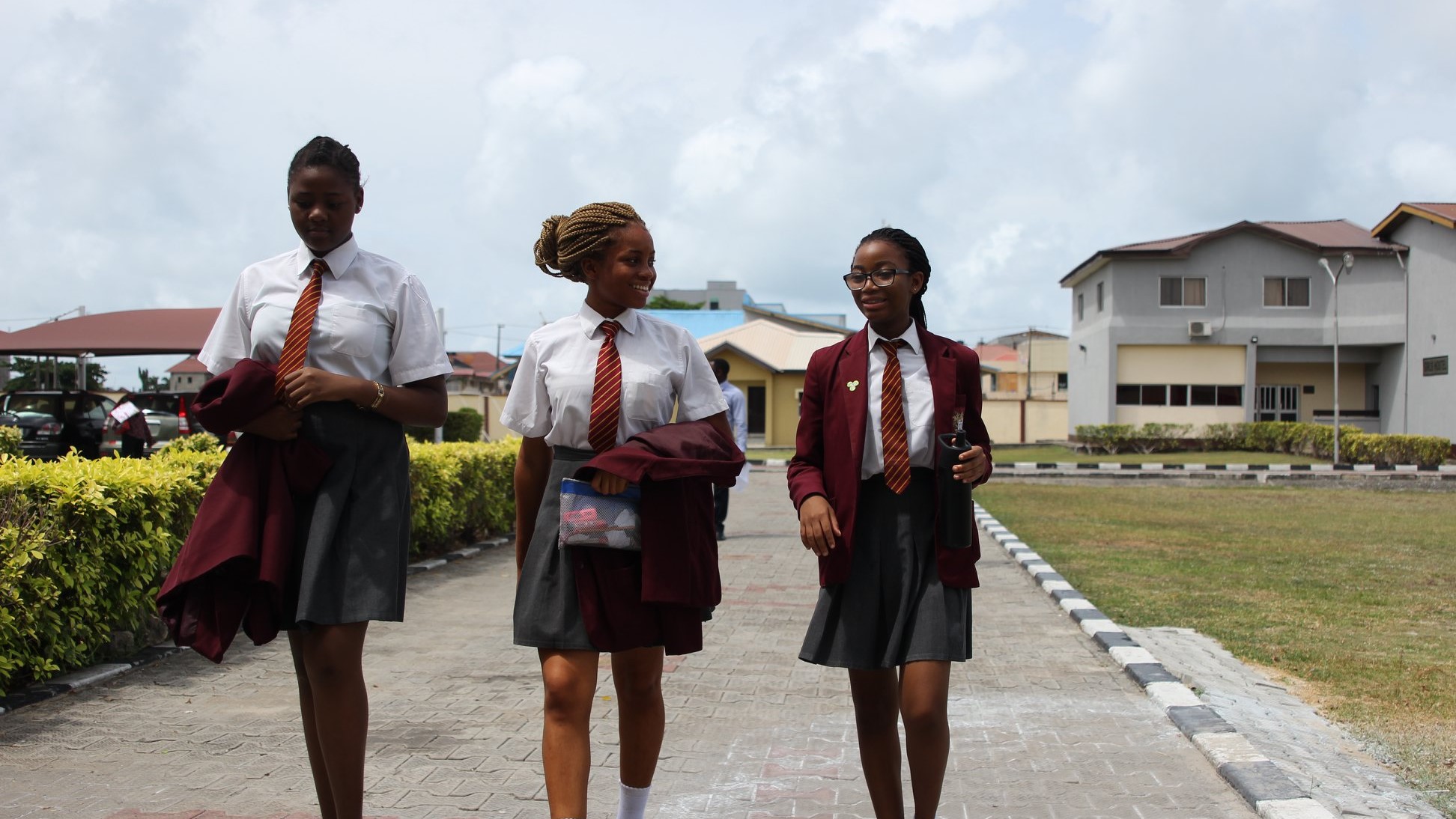
Lekki British International School was established in September 2000 on a 25-acre campus in the Lekki Peninsula of Lagos, Nigeria. With multiple campuses in Lagos, which include; the Lekki British Pre School, Lekki British Junior School, and Lekki British High School.
The High School serves ages 11 to 18, located on Victoria Arobieke St, and the Junior School serves ages 1 to 11, located on Olubunmi Owa St.
The school offers external examinations such as IGCSE and A Levels, and details inform that 99% of students pursue further education after graduation.
Lekki British International has 350 students from 6 nationalities, with 80% local and 20% international students. Tuition is about N4.6 million per year for day students and N6.8 million per year for boarders.
Grange School
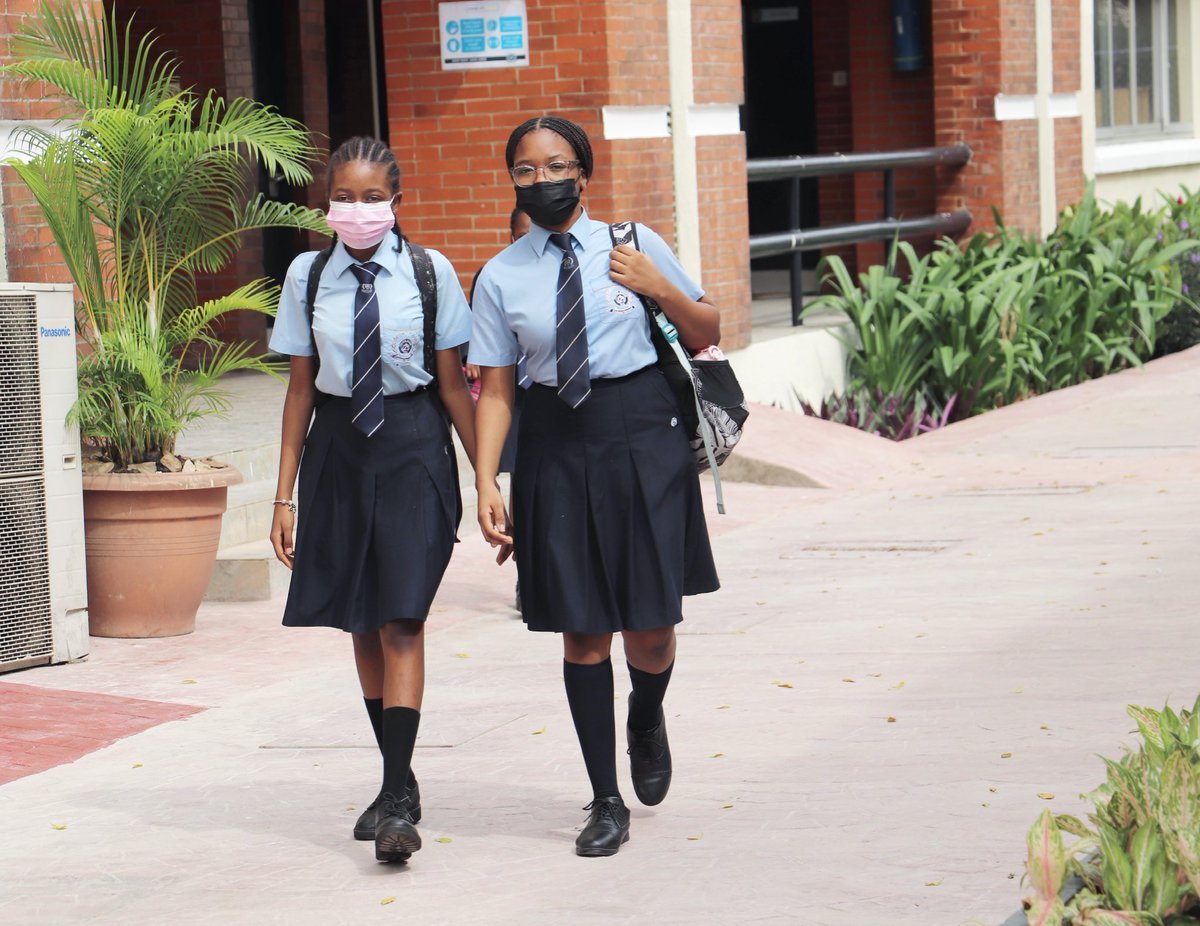
Established in 1958, Grange School operates as a not-for-profit co-educational institution, providing an all-through education for ages 4 to 16.
The school has an average class size of 18 students, which allows for individualized attention and effective engagement between teachers and students.
Tuition fees per session at Grange School are approximately N4.5 million for day students and N6.5 million for boarders. This pricing supports the school’s educational programs and services.
Grange School serves around 760 students, focusing on collaborative learning as an important part of its educational approach. This emphasis on teamwork fosters a sense of community among students.
British International School (BIS)
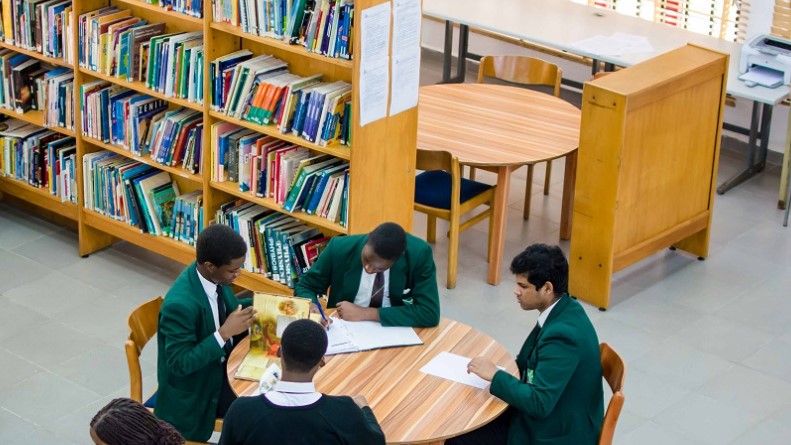
British International School (BIS) opened in September 2001 and offers a British-style curriculum for students aged 11 to 18, with both day and boarding options.
The school prepares students for IGCSE and A-Levels and has an average class size of 20 students, with a maximum of 20 students per class.
Annual tuition fees are about N6.1 million for day students and N8.1 million for boarders.
Atlantic Hall
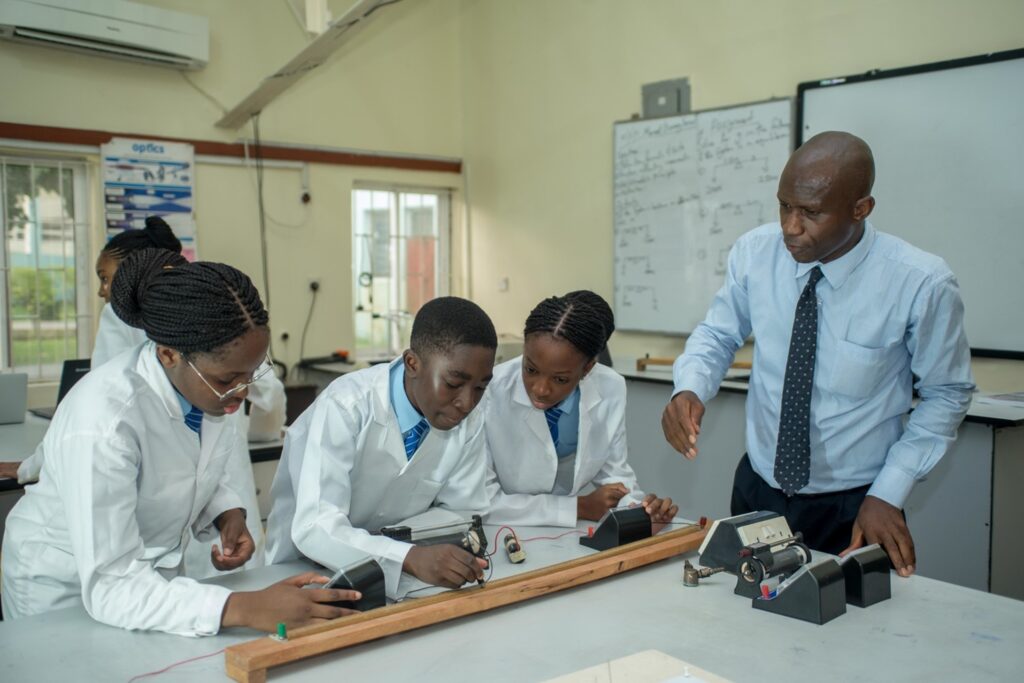
Atlantic Hall was established in January 1989 as a nonprofit institution focused on educational standards for the 21st century. The school charges annual tuition fees of approximately 6.7 million ₦. This fee supports the school’s educational programs and facilities.
Atlantic Hall offers a curriculum aimed at preparing students for future challenges. It emphasizes critical thinking, creativity, and practical skills.
This approach, according to the school, ensures that students are academically prepared and equipped for their future endeavors.
The school has around 360 students, which helps build relationships among students, teachers, and families. With a spread of extracurricular activities such as swimming, football, rugby, basketball, volleyball, netball, hockey, rounders, athletics, tennis, table tennis, badminton, debating, drama, art, dance, orchestra, songwriting, choir, and jewelry making.
The rising tuition fees in these prestigious schools reflect the broader economic conditions in Nigeria, where families are increasingly investing in education as a pathway to future opportunities. While the cost of schooling may be high, these institutions strive to provide quality education, diverse curricula, and a supportive learning environment for their students.
[Nairametrics]


